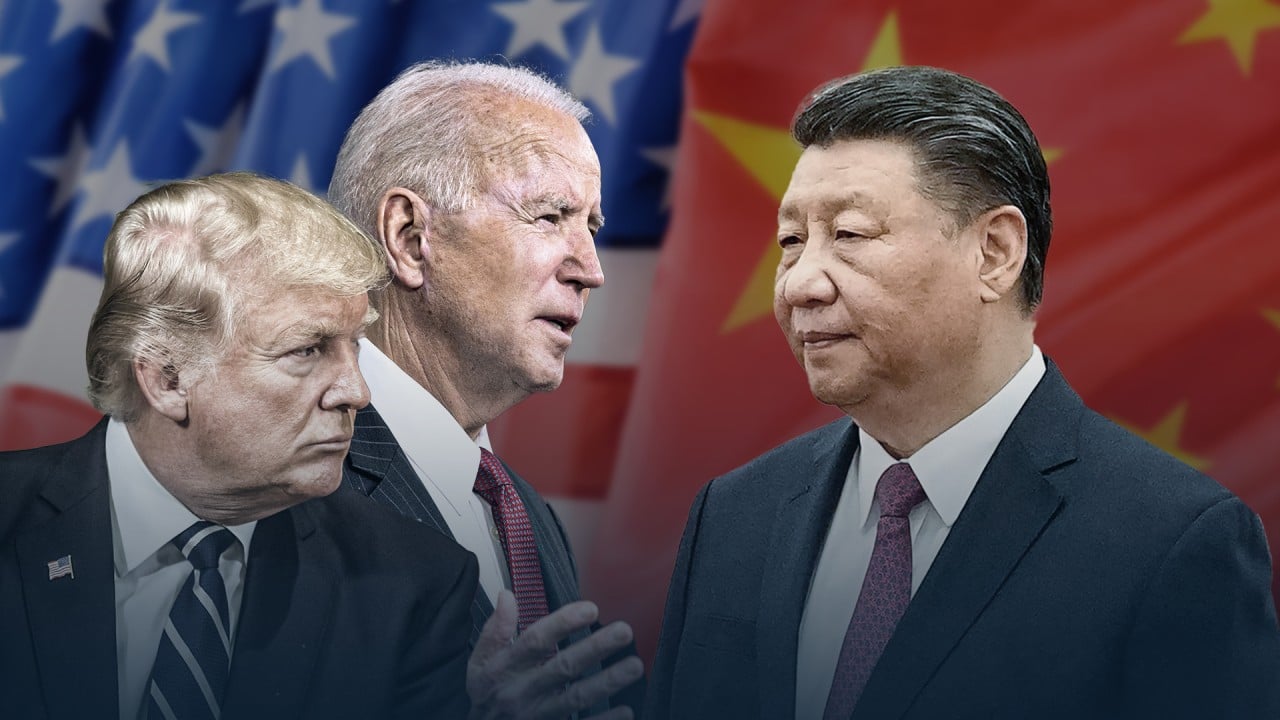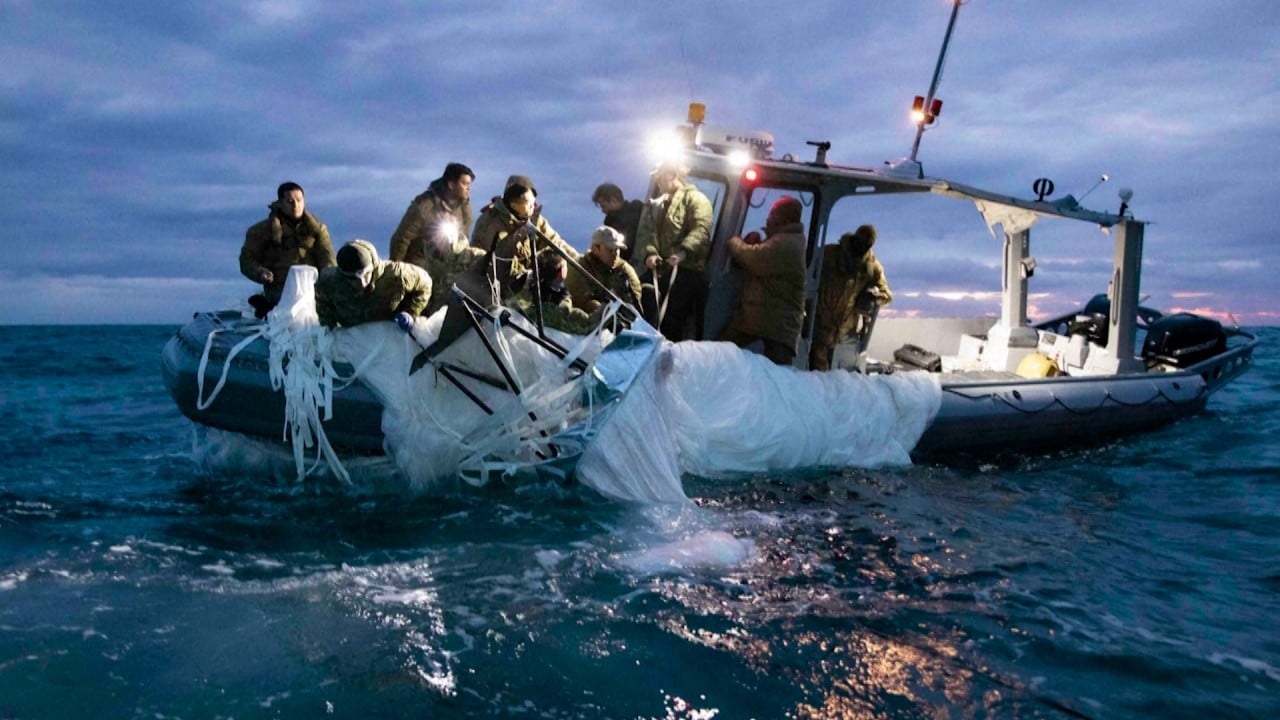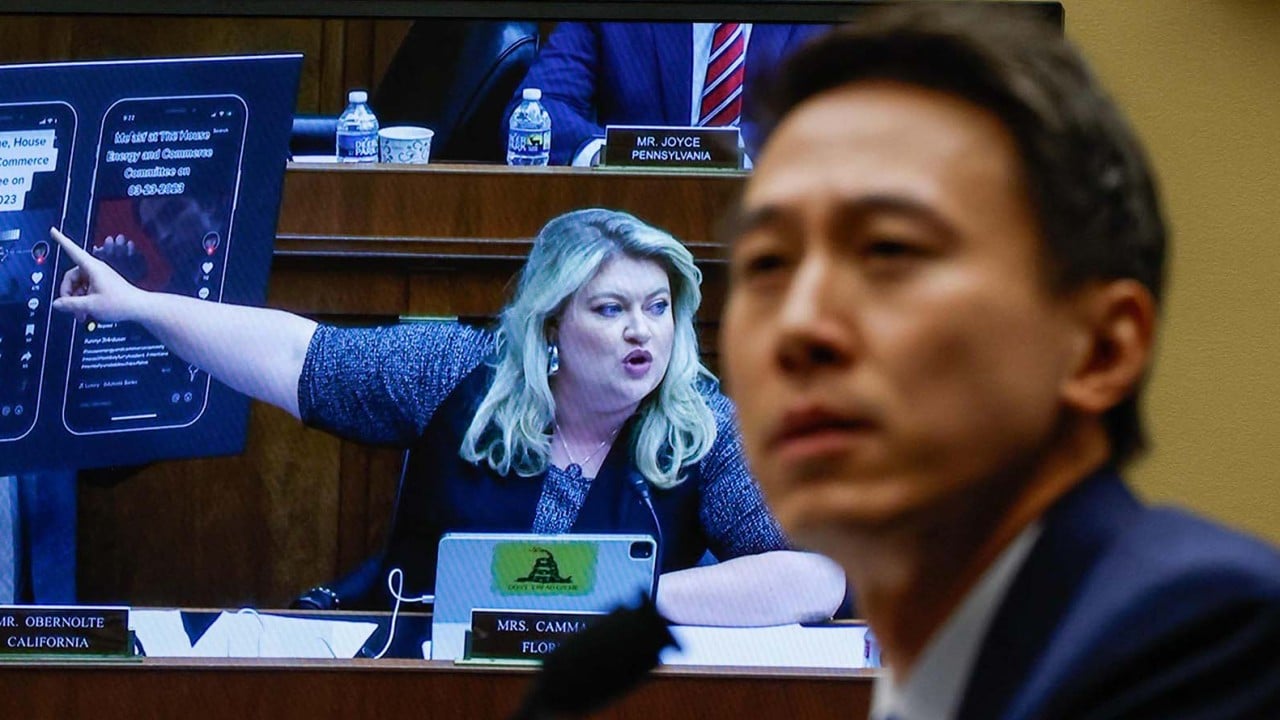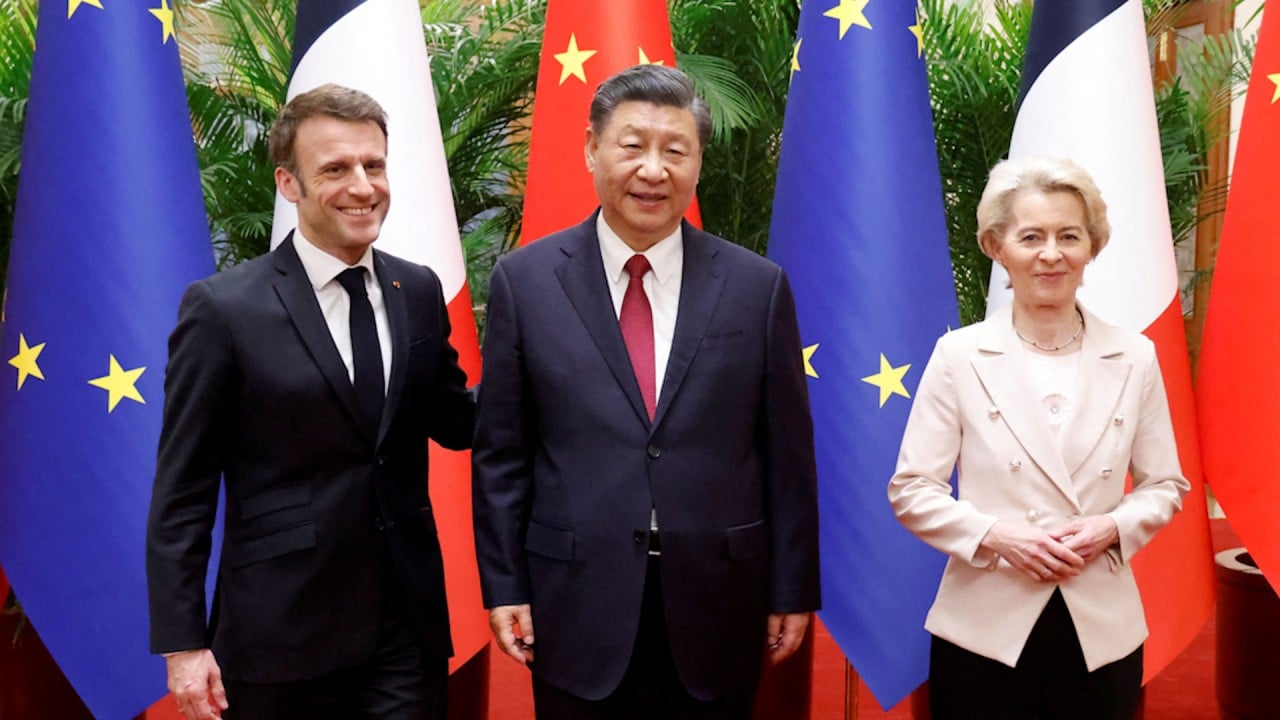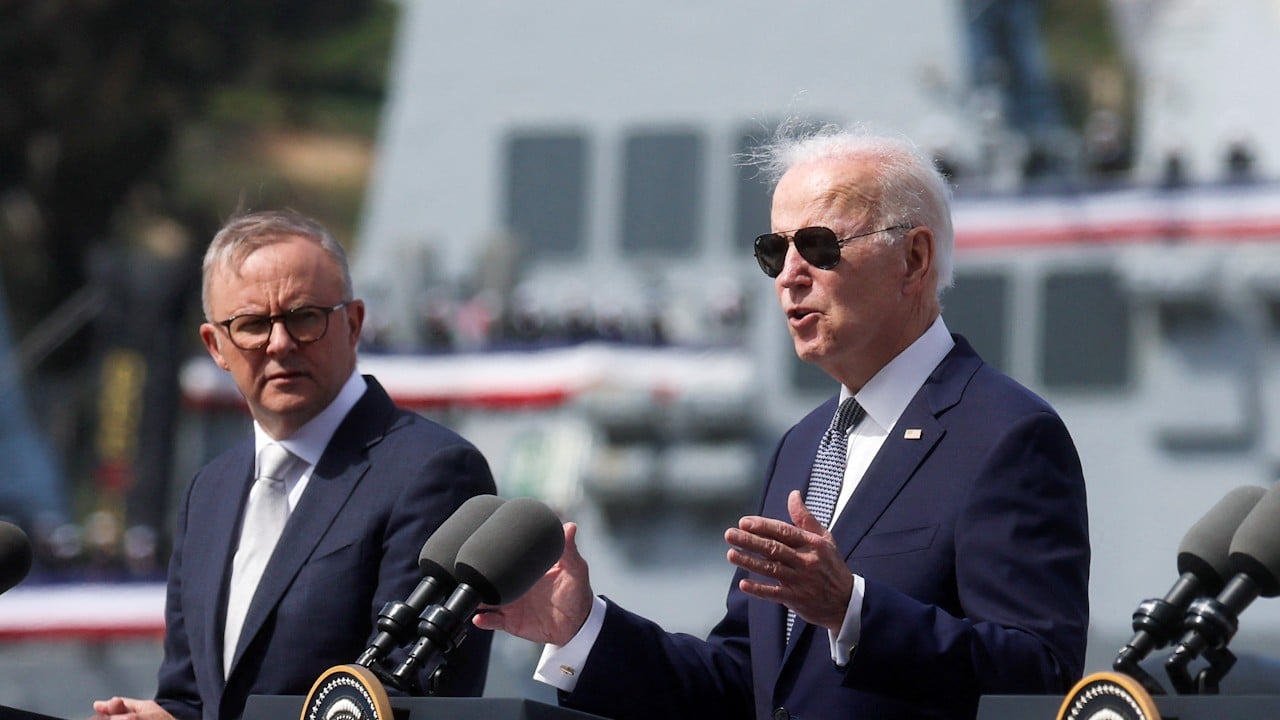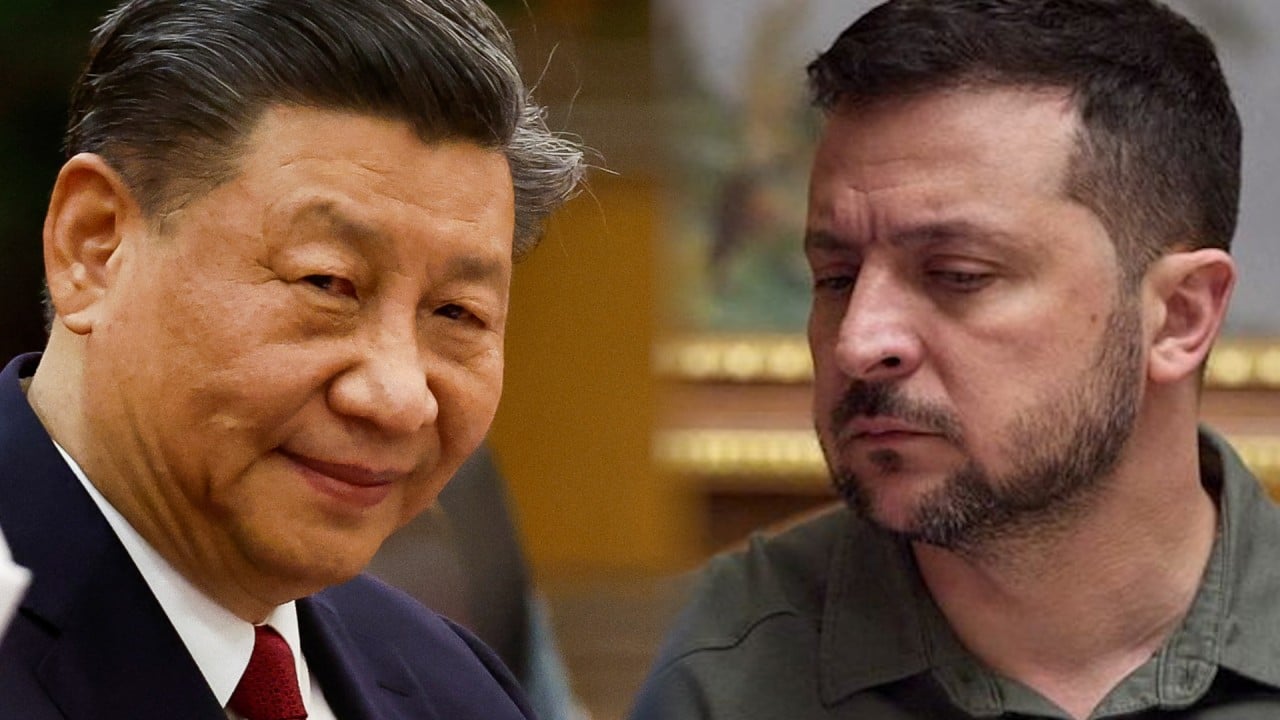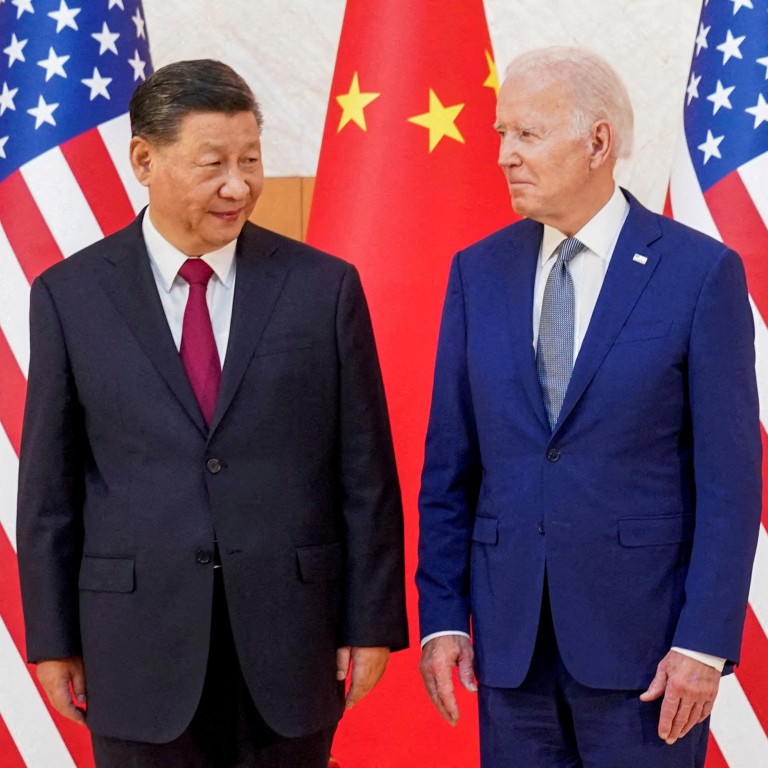
Global Impact: US-China relations remain on a knife-edge even after latest olive branch
- Global Impact is a weekly curated newsletter featuring a news topic originating in China with a significant macro impact for our newsreaders around the world
- In this edition, we attempt to unpack and break down the latest comings and goings of relations between Beijing and Washington
“The world is big enough for the two countries to develop themselves and prosper together,” China’s Ministry of Foreign Affairs said about the November meeting.
Blinken and other Biden administration officials were then on their back foot, defending against allegations by most Republicans and even some Democrats that their decision to wait until the balloon was over the Atlantic Ocean – after traversing hundreds of miles of US airspace for several days – constituted a national security breach.
While Beijing downplayed the situation as a weather balloon that drifted off course, the Pentagon called the balloon one of many that make up a global surveillance network.
These were just a few of the slew of hearings on issues dealing exclusively with China or defence topics in which Beijing figured prominently.
But, it would seem that a kinship of two and a half centuries makes it difficult to break ties between the US and France, America’s oldest diplomatic ally.
Biden called Macron to discuss the French leader’s China trip, signalling an effort to calm tensions over how to deal with Beijing.
The world is big enough for both of us
“The world is big enough for both of us,” Yellen said, choosing words that echoed Beijing’s. She added that Biden shared her view.
Whether her message will rise above the fury stirred up by numerous congressional hearings remains to be seen.
60-Second Catch-up
Deep dives
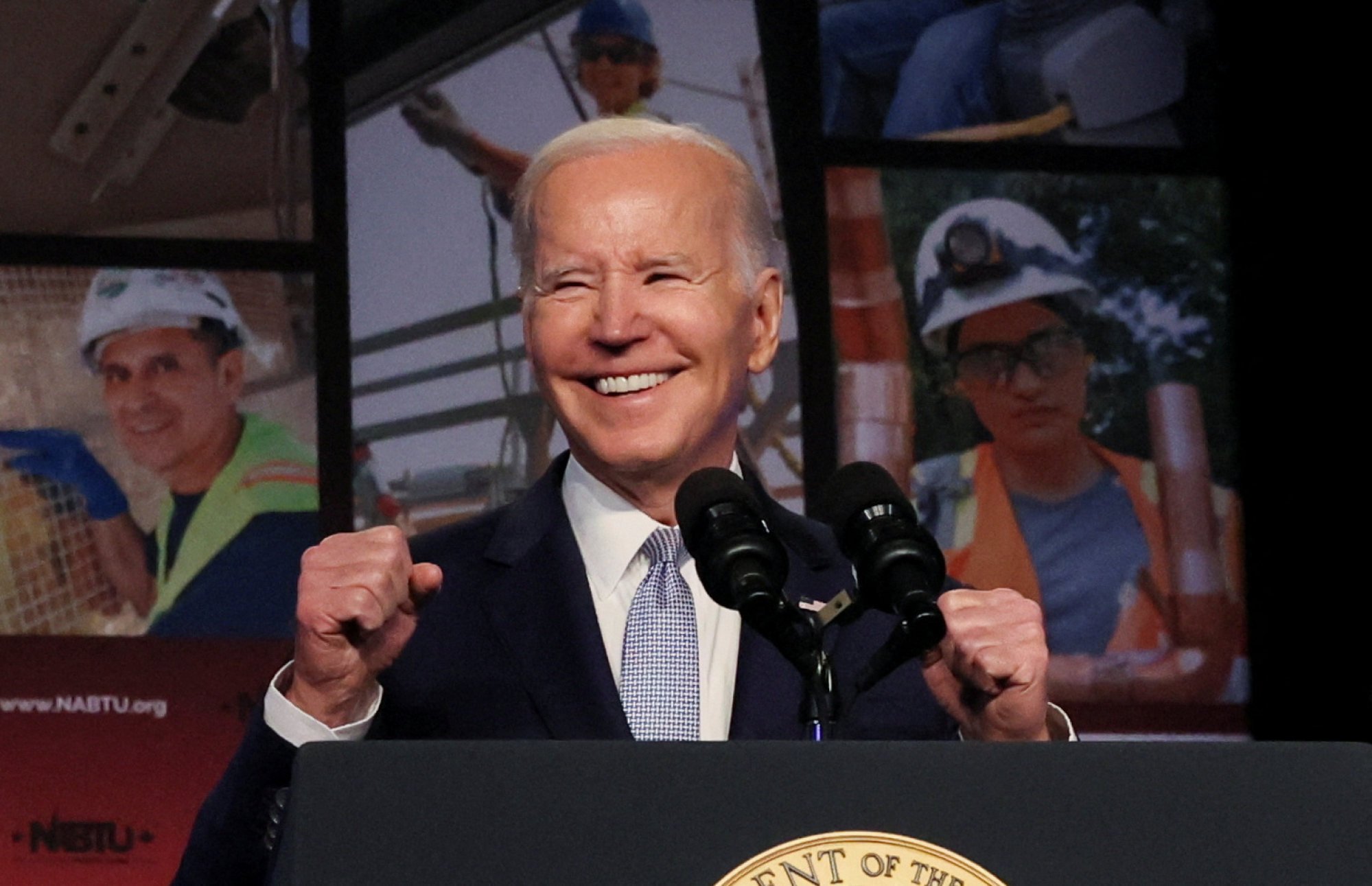
Could US-China ties actually improve if Joe Biden is re-elected?
-
Both sides of politics ‘seem to agree on getting tougher on China’, analysts say•But if Biden wins, he could try to seek a ‘breakthrough’ in the troubled relationship
-
But they say if Joe Biden is re-elected, there is potential for some improvement in ties between the two powers.
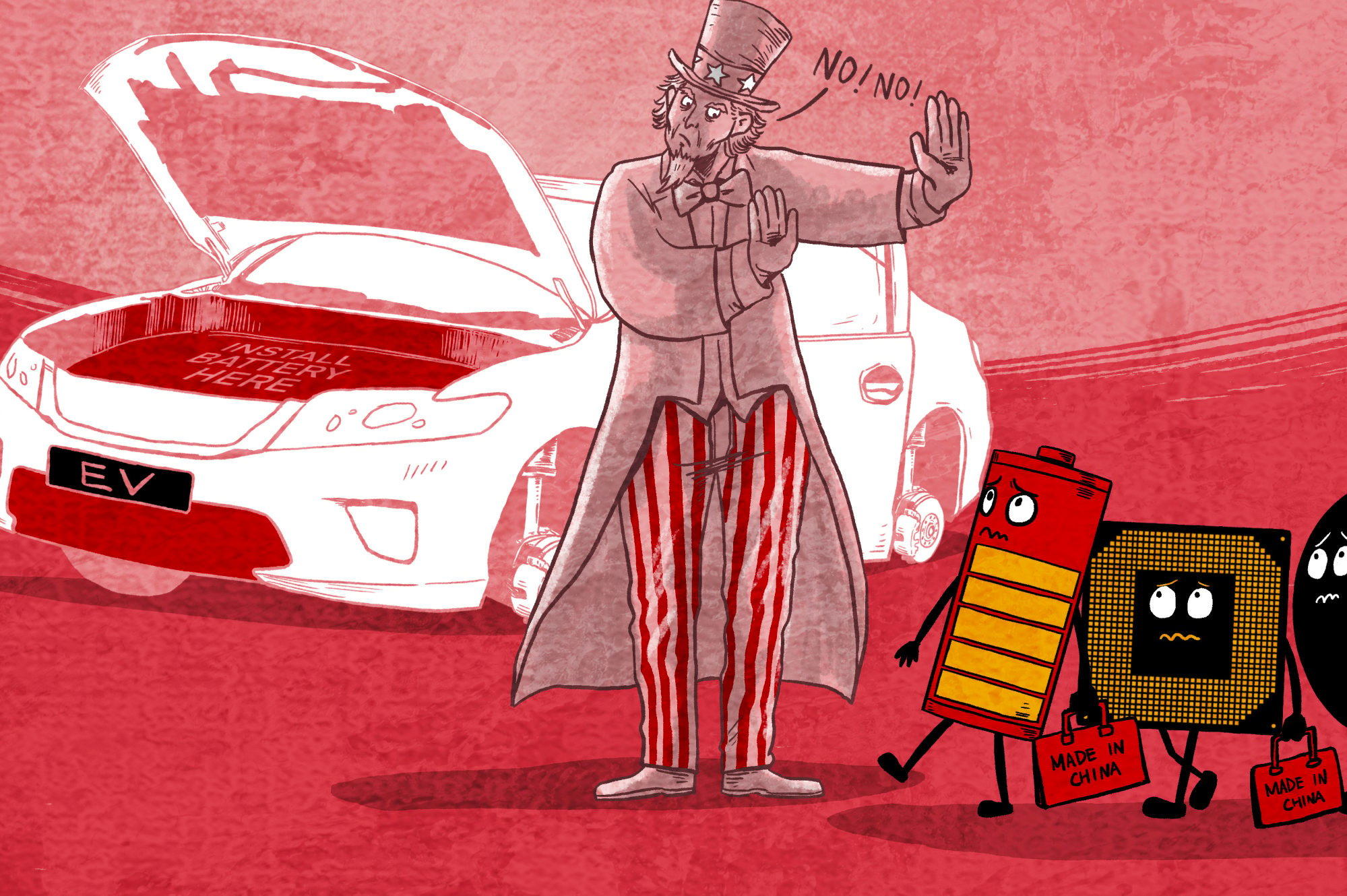
Electric vehicles: why the West needs China’s battery prowess as it moves to build supply-chain capacity
-
The process of deglobalisation for Western battery producers is likely to be lengthy and turbulent, with challenges at each stage of the supply chain, says analyst
-
It will be interesting to see how Chinese players and global carmakers balance need for supply-chain security with geopolitical risks, says Fitch executive
At the Shanghai Auto Show, Fuzhou Lianhong Motor Parts’ sales director Chen Zhiqiang performs the final tests on the eight-way movements of his company’s flagship car seat before clearing it for display.
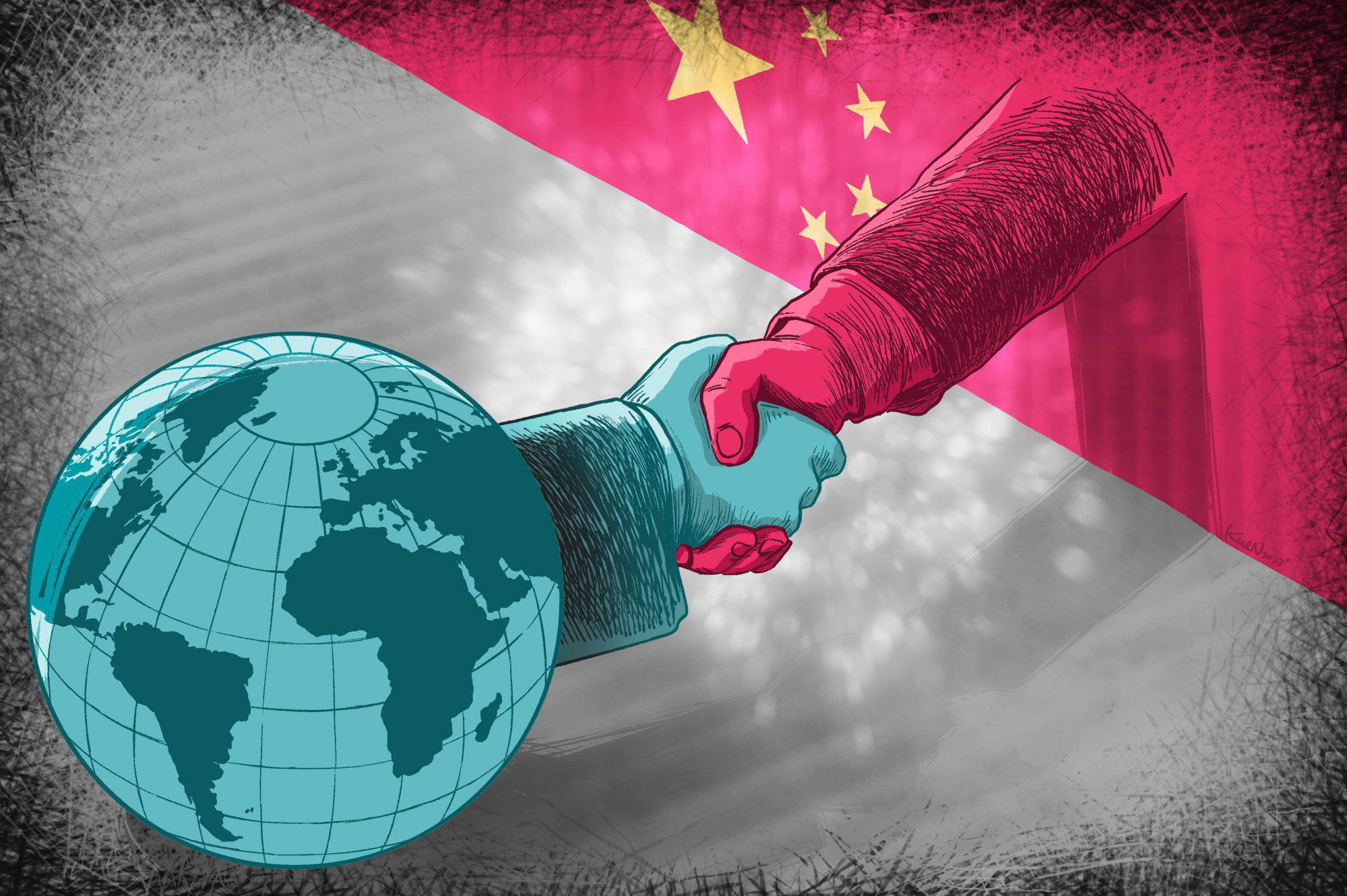
What does China hope to gain from its post-Covid diplomatic push?
-
Beijing seeks to reassert itself as key force in an increasingly multipolar world and boost resilience amid tensions with US, analysts say
-
It is focusing on building closer ties with developing countries and countering Washington’s containment strategy, according to observers
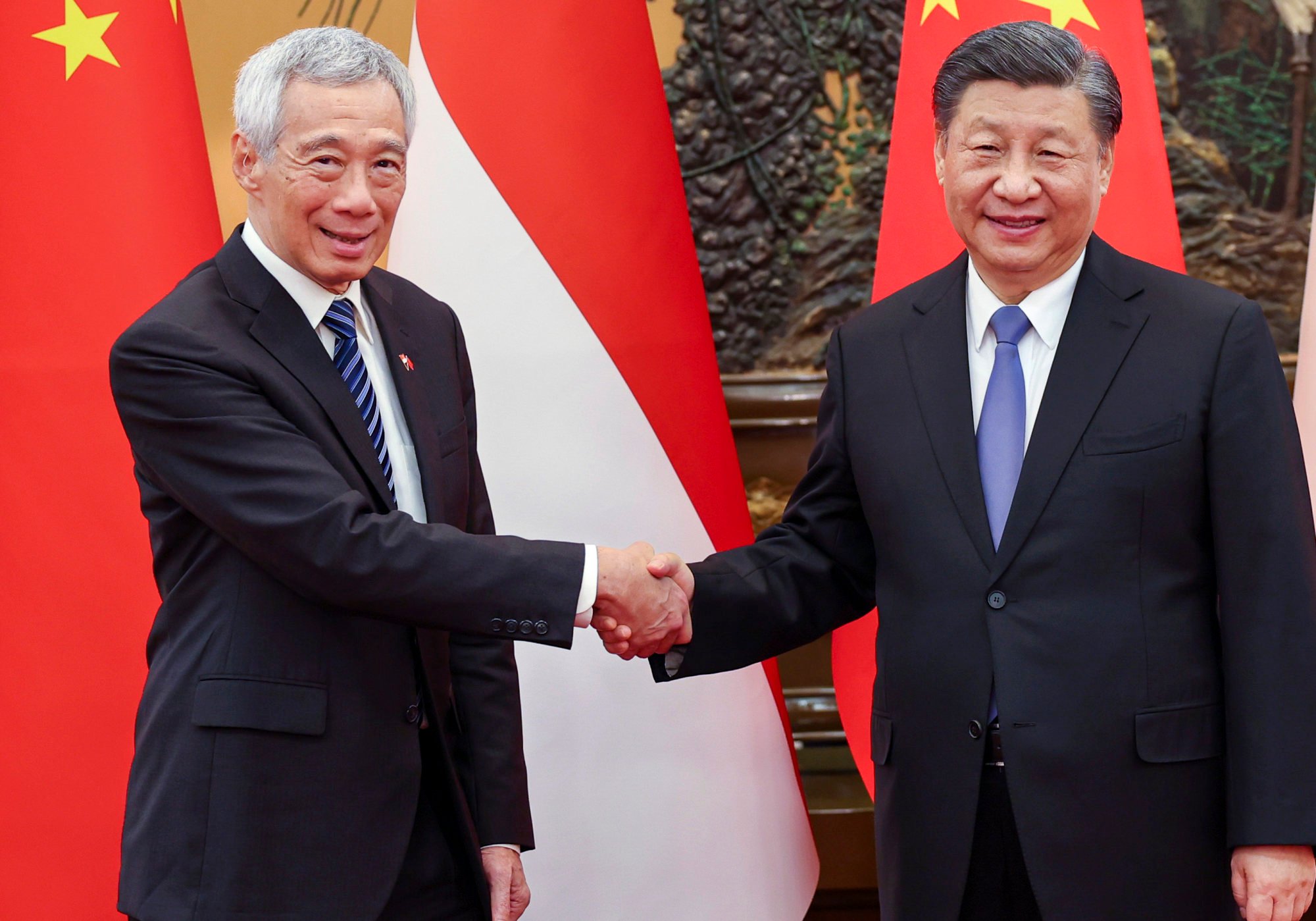
Taiwan the ‘most dangerous flashpoint’ in US-China rivalry, Singapore PM says
-
In an address to parliament, Lee reiterated Singapore’s one-China policy and its continuous support for ‘the peaceful development of cross-strait relations’
-
He said the outlook for US-China ties was ‘worrying’ but believed both sides were keen to avoid a direct conflict
In a speech heavily focused on foreign policy and the troubled state of geopolitics, Lee highlighted divergent views in Beijing and Washington about ties between the superpowers as among the ascendant risks for Singapore and the region.
While in Beijing there was a belief that the US was seeking to hold back China’s growth, in the US there was now bipartisan consensus that “China’s growing strength and assertiveness is becoming a grave threat to US interests and values”, Lee told lawmakers.
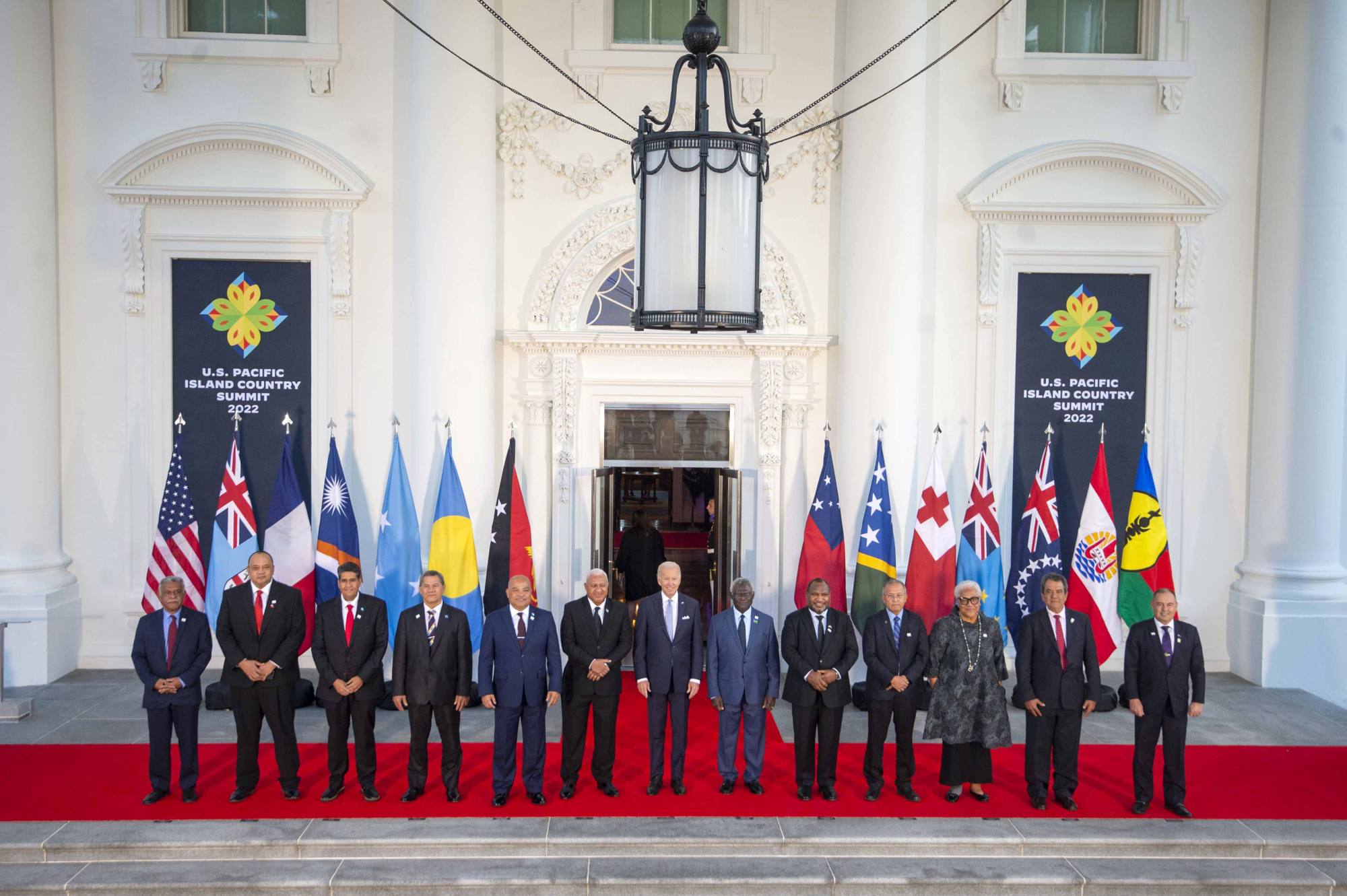
As US Congress debates budget, Pacific island nations are watching with concern
-
US President Joe Biden has pledged generous funding for tuna treaty and other regional initiatives in a bid to offset China’s growing influence
-
But Republicans are looking to make cuts in foreign aid and the Pacific Partnership might be a victim, experts say
Announced in September, the Pacific Partnership Strategy – intended to help the US catch up with China’s growing influence in the region – committed to spending more than US$800 million on priorities like climate change, fishing disputes and maritime security.
A majority of the funding was US$600 million in ramped-up aid for renewing the South Pacific Tuna Treaty, nearly tripling the US contribution to US$60 million annually for the next 10 years.

Taiwan in talks with Washington about potential weapons stockpiles on or near island, premier confirms
-
Chen Chien-jen says Taiwan and the US have been in talks over potential plan since US National Defence Authorisation Act was approved by US Congress in December
-
Regional contingency stockpile necessary to help island hold out during enemy attack but ‘would be risky to build it in Taiwan’, according to analyst
“The proposal of regional contingency stockpiles is still in the negotiation process,” Taiwanese Premier Chen Chien-jen said on Monday.
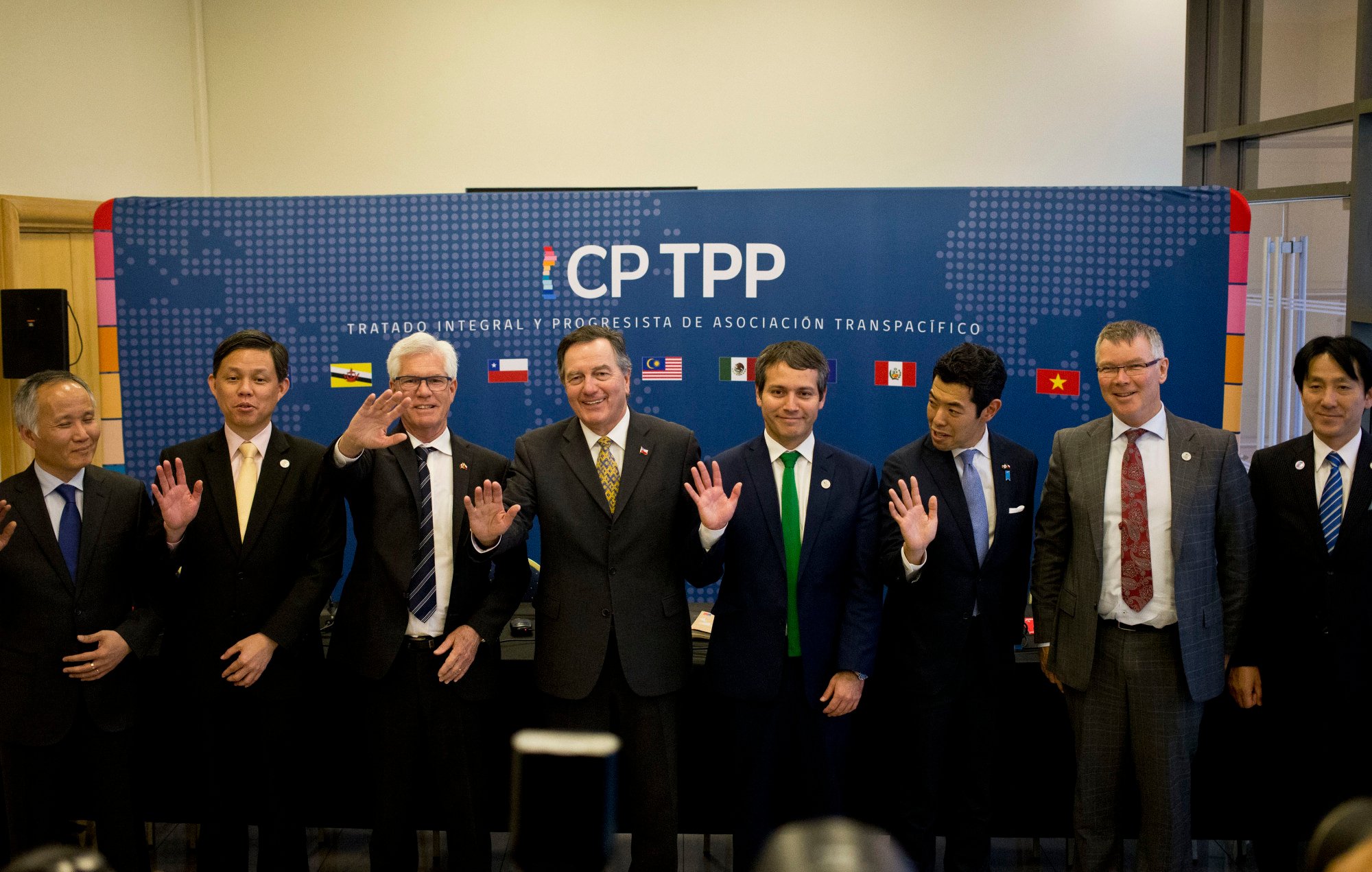
China’s CPTPP trade aspirations still hinge on bloc’s support as external pressures mount
-
Deputy trade minister and international negotiator Wang Shouwen says China has ‘the capability to fulfil relevant obligations’ required to join high-quality trade group
-
Chinese analysts see accession to the CPTPP as a means to undergo further economic restructuring that would help clear growth hurdles
“China is willing to join the CPTPP … and has the capability to fulfil relevant obligations,” vowed Wang Shouwen, a vice-commerce minister and China’s international trade negotiator, at a media briefing on Sunday. “We hope that all 11 member countries can support our joining.”
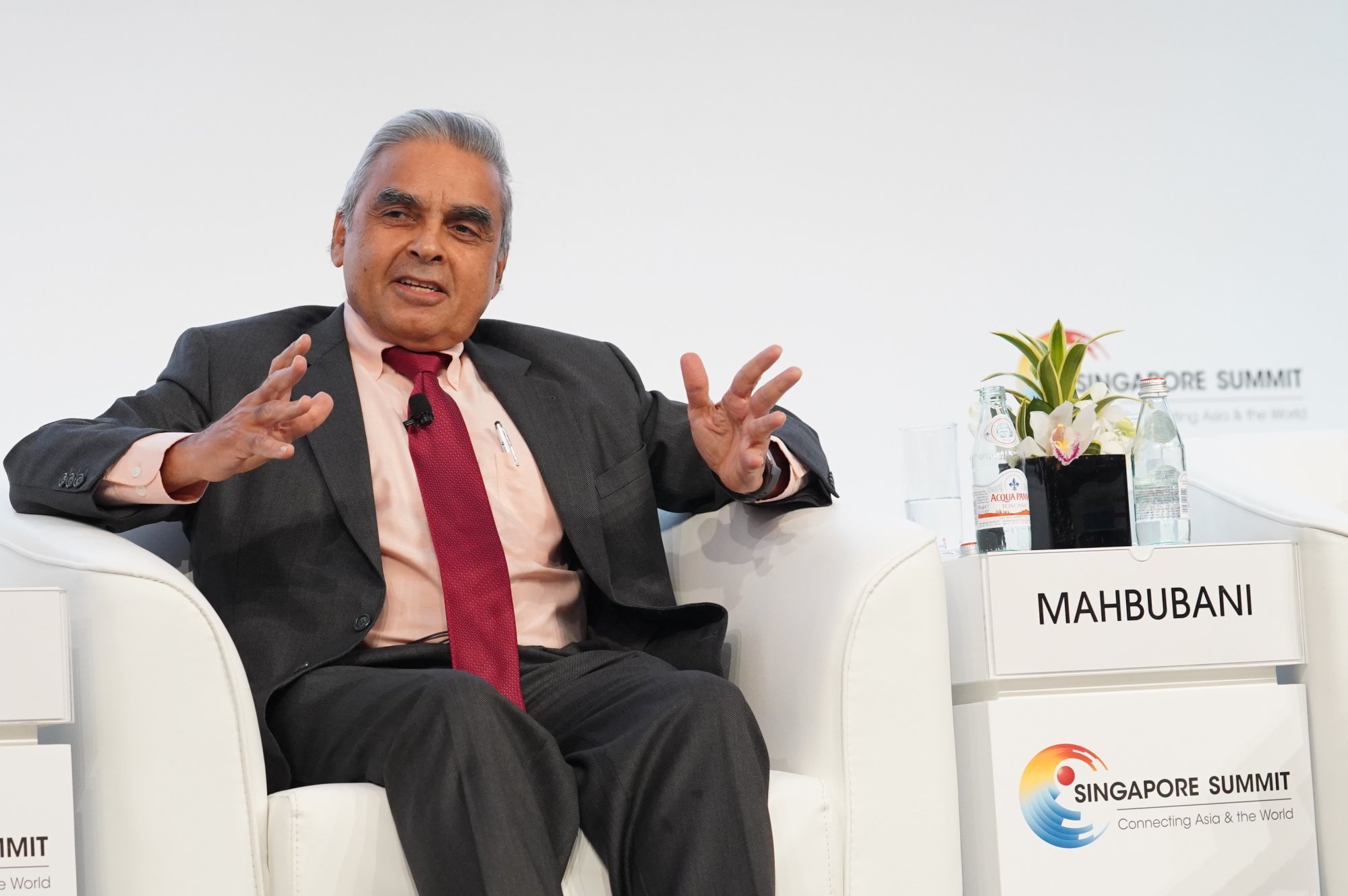
Hong Kong has ‘strategic ambiguities’ to navigate US-China rivalry: Singapore’s Kishore Mahbubani
-
At a Hong Kong forum, the retired Singaporean diplomat addressed issues such as the prospect of ‘de-dollarisation’ of global trade to tensions in the Taiwan Strait
-
Hong Kong ‘enjoys the status’ of ‘one country, two systems’, but has to ‘work very hard’ to convince the US that it remains autonomous, Mahbubani says
Asked on how Hong Kong could best navigate the escalating rivalry between Beijing and Washington, Kishore noted during the question-and-answer session that the city – as part of China – was obliged to abide by national security “red lines”.
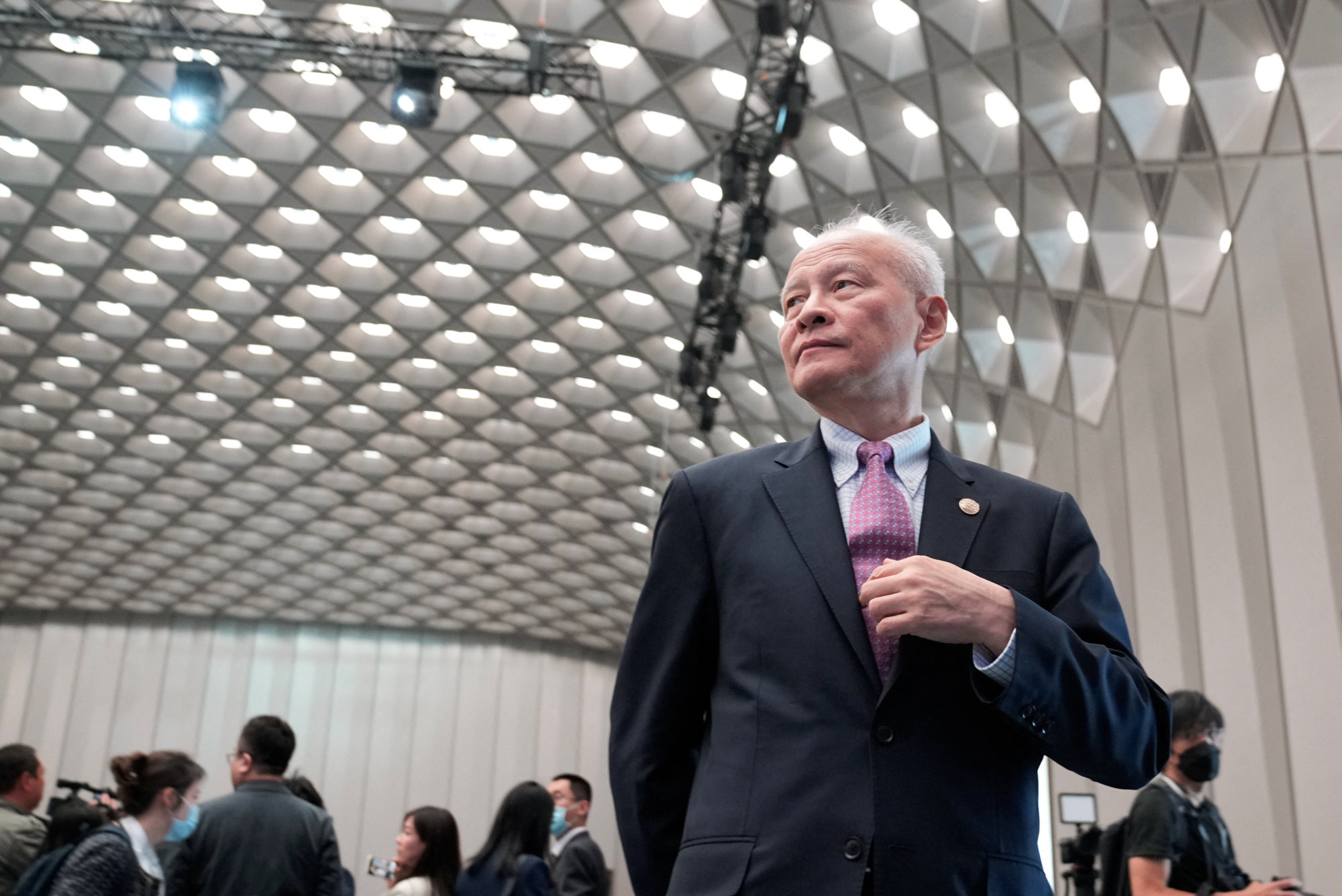
US-China ties set for further ‘turbulence’, former Chinese envoy warns
-
US failure to show mutual respect and keep its promises on issues like Taiwan is worsening ties with Beijing, veteran diplomat says
-
US government and media playing up ‘China threat’ to fend off perceived threat to hegemony, adds the ambassador to Washington from 2013 to 2021
Cui Tiankai, who served as envoy to the US from 2013 to 2021, said he had observed a significant deterioration in opinions about China among the American public during his term. The negative changes in Washington’s China policy would continue for several more years, he forecast.
Global Impact is a fortnightly curated newsletter featuring a news topic originating in China with a significant macro impact for our newsreaders around the world.


